Being Black at a Predominantly White School
Photograph by Courtesy Arielle G
Arielle Germeus is a senior at MCDS who encourages everyone to “think before you speak.”
This editorial originally was published online over the summer. We felt it merited a place in “Spartan Speak.”
I never truly felt like an outsider or a minority until I went to a predominantly white institution. From the first day I stepped foot on campus I was afraid that I would be judged for my appearance. My braids. My bandanas. My jordans. The things that society labels “black.”
One day, during my freshman year in Spanish class, I was sitting next to a boy and I was wearing my red bandana. I had joked that I was in a gang but instead of reacting in disbelief, he took me seriously and asked me to throw up signs. Would he have said that if I wasn’t wearing the bandana? Would he have asked me to do that if I wasn’t who I was? Whenever I look back at that moment I realize that it subconsciously solidified the anxiety I would feel whenever I step on campus. It’s an anxiety and dread that I know the majority of my peers will never feel…let alone understand.
I am black and I am a young woman. What this means is that I will experience both racism and misogyny or sexism, which can be defined by the term misogynoir. Misogynoir is misogyny directed towards black women where race and gender both play a role in bias. There’s a very heavy feeling in my chest when I think about this. The apprehension for my future. Do other people feel this way? One day a couple of weeks ago I saw a clip of a Ted Talk where a woman did a quick experiment with her audience. She had all of the audience stand and she would say a group of names; if they did not know a name that was called out, then they would have to sit down. After the first round of names, lots of people were left standing. But after the second round, there were significantly less people standing. All of the names she read out were names of Black people killed from police brutality. The only difference was that the first round was Black men and the second round was Black women.
*Link to Ted Talk The Urgency of Intersectionality
I believe Malcolm X fully when he said in 1962, “The most disrespected person in America is the black woman. The most unprotected person in America is the black woman. The most neglected person in America is the black woman.” This quote is also the start of a 2019 article written by Christine Emba titled Black Women Deserve Better. She ends her short yet thought-provoking op-ed piece with “More than a half-century on from Malcolm X, black women deserve better. Maybe this year, someone will care about black girls.” But the year is 2020 and Breonna Taylor’s killers are still free. Her name and the cry for her justice are slowly becoming a meme and made a mockery that parallels the apathy society targets toward black women.
Fear is what I feel. It’s the type of ancestral fear passed down from generation to generation. It’s the type of fear no other group of people will feel. It’s the type of fear for my younger brother who will get his license soon. It’s the type of fear I feel for my mother whose pain may be ignored when she goes to the hospital. It’s the type of fear I feel for myself when I fall asleep in the comfort of my bed in my own home and I wonder….am I next? Will I just end up being another name?
I didn’t know that it was fear and defeat I was feeling this whole time. There’s a helplessness that I pray doesn’t turn into desensitization. It seems like there’s a deep-rooted lust in society for black trauma.
With all of the controversy that surrounds the Black Lives Matter Movement, I feel as if people have forgotten what the words Black Lives Matter mean. Black people should be treated equally. Black people should not have to live in fear. Black people deserve to live too. ALL Black people.
I don’t want pity and I don’t want people feeling helpless with me because it’s a sort of helplessness that certain people will never understand. I just want people to know they have the power to help and provoke change (a change that won’t come just from posting a black square on Tuesday but then not speaking up when your friends say the N-word on Wednesday). It doesn’t even have to be a big change but a change within oneself. Stop changing the way you speak when talking to a black person. Stick up for your fellow black peers when they claim something is offensive. I encourage you to make a change by thinking before you speak and act because “to bring about change, you must not be afraid to take the first step. We will fail when we fail to try.”. -Rosa Parks


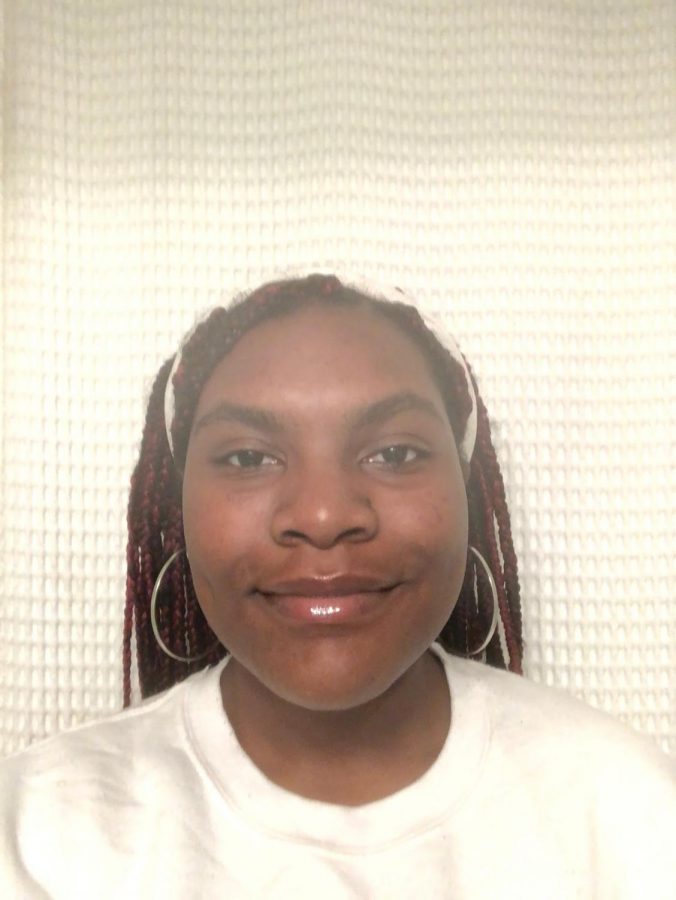


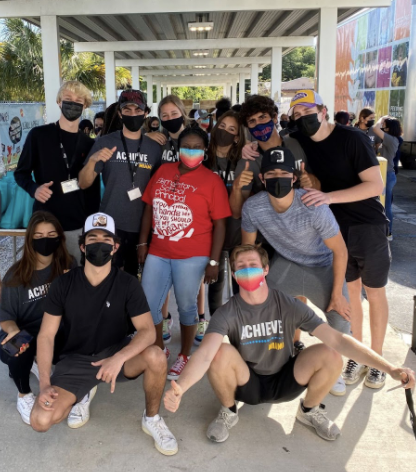

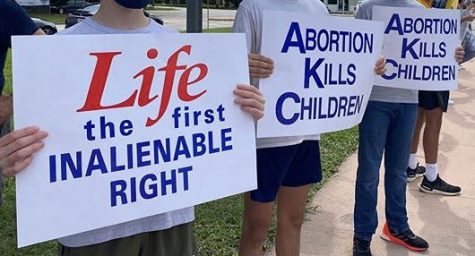

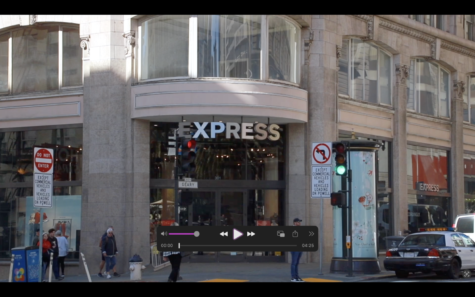

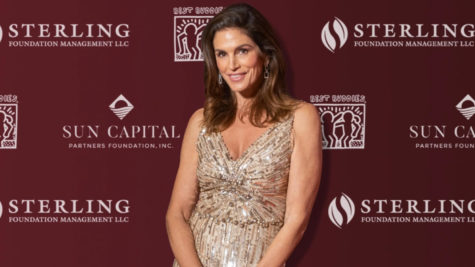
Xavia Orr • Nov 19, 2020 at 5:09 pm
I honestly really loved your article, it really spoke to me as someone who is also going through the same thing. I’m really so glad you had the courage to share your story.
Renan Ramos • Nov 14, 2020 at 5:51 pm
I have never read something that strikes me so much. these words touch every fibre of my being. Well said! I do, however, have a journalism assignment where I am to give constructive feedback and I really like to challenge myself. -exactly why I chose this piece. I understand that you have so much to say and that the whole article was powerful, but towards the middle, I found something that really stood out to me. When you mentioned Breonna Taylor and how she is being made into a meme, I thought that this could have been placed more towards the beginning of the article because this is an example that goes hand in hand with the bandana example. This is something most people have heard of and can understand from the first-hand experience of actually witnessing these memes whether it be on Instagram or any social media. I understand this is only one of the many occurrences of discrimination, but since this is a current event, it could have been placed more towards the beginning as to follow LQTQ format and the inverted pyramid guide. i also wanted to add, great use of quotes to further solidify your point!
Helen Kunde • Sep 21, 2020 at 10:08 am
Thank you, Arielle, for sharing your perspective and experience with the community. Your words are powerful and you provide a lot of food for thought, discussion, and positive action.
Abigail Kiralihn Cherenfant • Sep 4, 2020 at 9:15 pm
Say it louder for the people in the back ?️!! I’m really glad you shared your thoughts here and not just within us and our friends.
Karen Davis • Sep 8, 2020 at 2:17 pm
Couldn’t agree more!
Carolyn Dorn • Sep 1, 2020 at 10:57 pm
I loved this. Please write more articles about what you feel and fear about being Black in a predominately white school. Please let your voice be heard. This is the perfect time to speak out loudly and clearly so we all hear you. Your articles may hopefully encourage a dialogue and get more students to address issues on race. Race is a difficult thing to talk about and you can provide that opportunity with your writing. I want to read more articles about race from you.
Karen Davis • Aug 31, 2020 at 4:28 pm
Thank you for sharing what is on your mind and in your heart. This is so powerful Arielle.
Kaliyah Morales • Aug 31, 2020 at 4:25 pm
I loved this so much. As a minority at MCD the way I feel about this is so powerful. I really loved every part of this article.